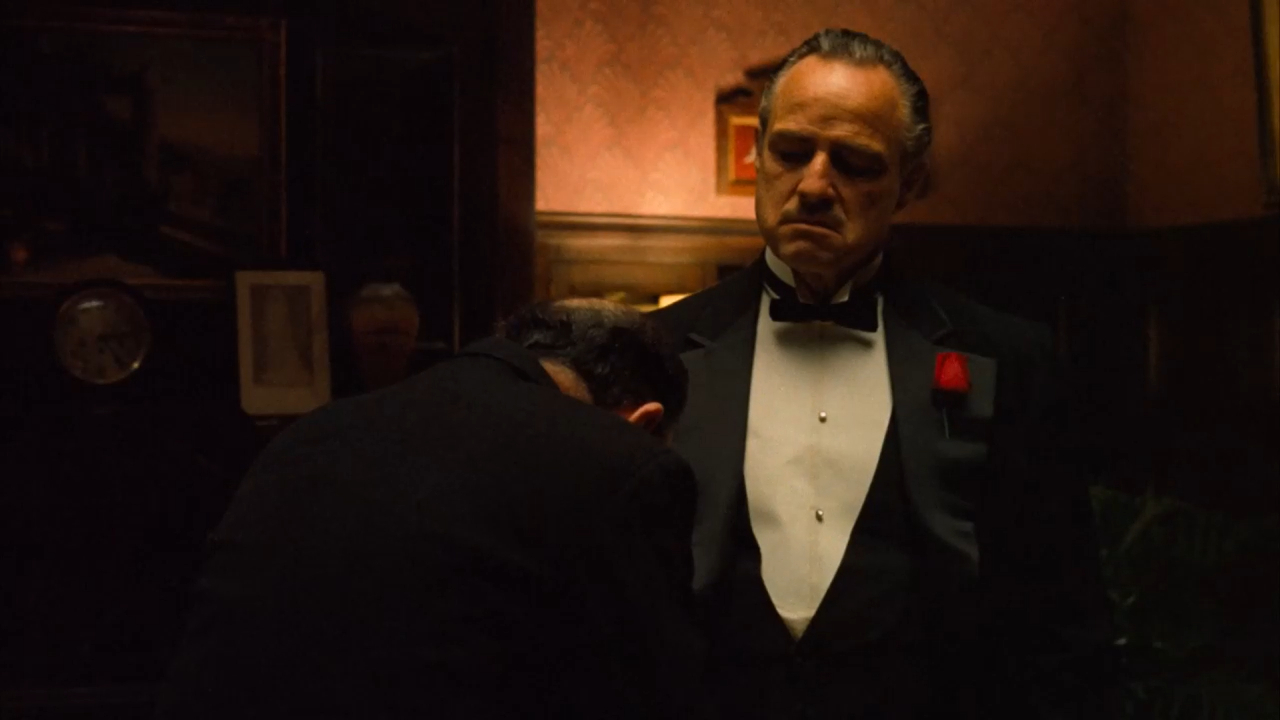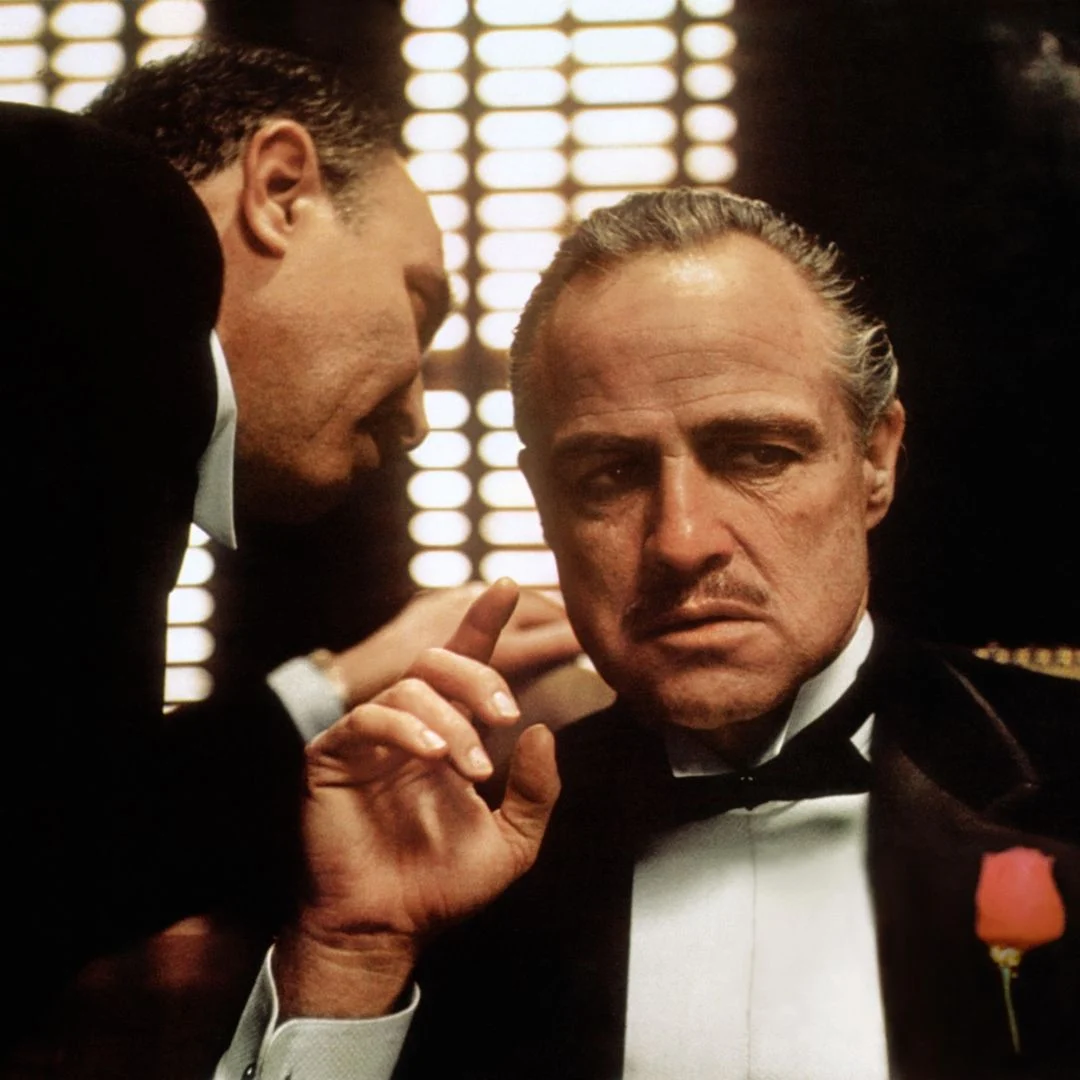The Godfather (1972) – A Timeless Masterpiece of Power, Family, and Loyalty

The Godfather (1972), directed by Francis Ford Coppola and based on Mario Puzo’s novel, stands as one of the most influential films in cinematic history. A compelling exploration of family, power, and the moral compromises that come with both, the film has shaped not only the crime genre but also modern filmmaking in general. With its masterful storytelling, unforgettable performances, and iconic scenes, The Godfather continues to be celebrated as a cinematic masterpiece that transcends its genre.
The film centers around the Corleone family, an Italian-American Mafia dynasty led by Vito Corleone (Marlon Brando), who is both feared and respected as the Godfather. As Vito’s youngest son, Michael Corleone (Al Pacino), initially distances himself from the family business, the plot takes a dramatic turn when tragedy strikes, forcing Michael to become more involved in the criminal empire. The story unfolds against the backdrop of a post-World War II New York, capturing both the grandeur and the underlying violence of the Corleone family’s operations.

At the heart of The Godfather is the central theme of loyalty—both within the family and to the Mafia code. The Corleones’ complex relationships with each other, from Vito’s guiding paternalism to Michael’s evolution from outsider to ruthless leader, offer a rich exploration of power, betrayal, and the struggle for control. Marlon Brando’s portrayal of Don Vito Corleone is iconic, earning him an Academy Award for Best Actor. Al Pacino’s portrayal of Michael is equally mesmerizing, tracking his transformation from an idealistic outsider to a calculating and formidable figure. The supporting cast, including memorable performances from James Caan, Diane Keaton, and Richard S. Castellano, all contribute to the film’s intricate web of character dynamics and tension.

Coppola’s direction and the screenplay by Mario Puzo maintain a perfect balance between character-driven drama and the slow-burning, tense storytelling of a crime saga. The pacing builds steadily, with every scene carrying weight, whether it’s the chilling opening wedding sequence or the unforgettable climax. Cinematographer Gordon Willis, known as the “Prince of Darkness,” uses lighting to create an atmosphere of looming danger and moral ambiguity, while composer Nino Rota’s haunting score punctuates the film’s emotional highs and lows.

The Godfather is not just a crime film—it is a profound exploration of family, loyalty, and the corrupting nature of power. Its themes are timeless, and its influence extends far beyond its genre, shaping everything from filmmaking techniques to pop culture references. Whether you’re experiencing it for the first time or revisiting it years later, The Godfather remains a stunning achievement in cinema, one that continues to resonate with audiences and critics alike.











